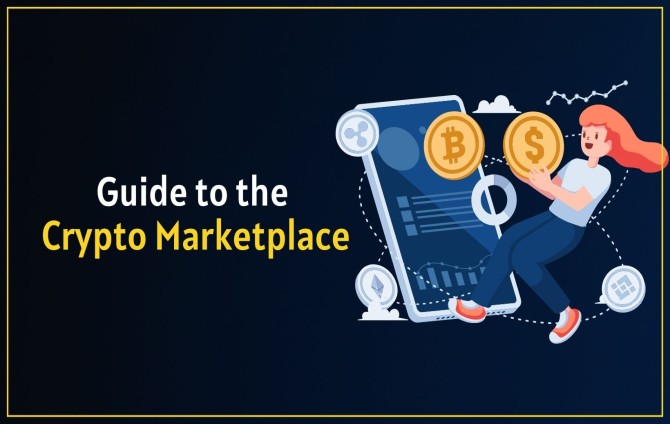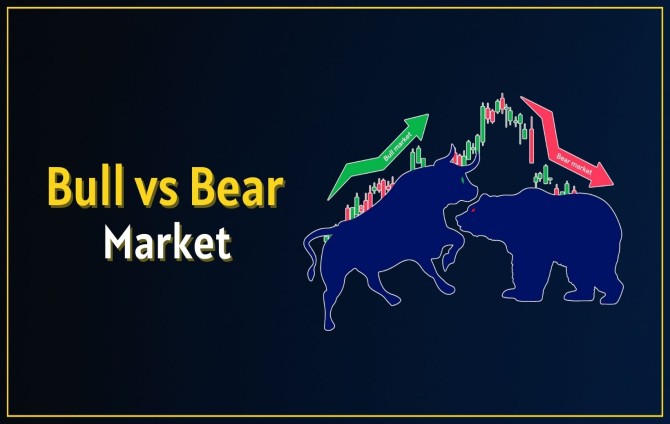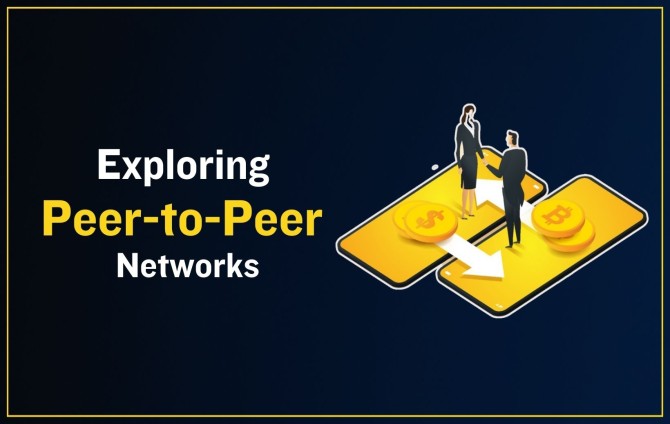
An Insider’s Guide to the Crypto Marketplace
The world of cryptocurrencies has emerged as a revolutionary force in the financial landscape. From the inception of Bitcoin in 2009 to the proliferation of thousands of altcoins today, the crypto marketplace has become a dynamic and complex ecosystem that intrigues investors, traders, and tech enthusiasts alike. In this article, we'll delve into the inner workings of the crypto marketplace, exploring its key components, trends, risks, and potential opportunities.
Understanding Cryptocurrencies:
Cryptocurrencies are digital or virtual currencies that use cryptography for secure transactions and control the creation of new units. The blockchain technology underlying most cryptocurrencies ensures transparency, security, and decentralization. Bitcoin, often referred to as digital gold, was the first cryptocurrency and still dominates the market. Other notable cryptocurrencies include Ethereum, Ripple, and Litecoin.
Decentralization and Blockchain:
At the heart of cryptocurrencies lies the concept of decentralization. Unlike traditional financial systems controlled by centralized authorities, cryptocurrencies operate on blockchain networks that distribute control across multiple nodes. This not only eliminates the need for intermediaries but also enhances security and transparency.
Investment and Trading:
The crypto marketplace has attracted a diverse range of investors, from institutional players to individual enthusiasts. Investors often buy cryptocurrencies as long-term assets, expecting their value to appreciate over time. On the other hand, trading involves capitalizing on short-term price movements. Day trading, swing trading, and holding are some common strategies.
Initial Coin Offerings (ICOs) and Tokenization:ICOs were a prevalent fundraising method where startups issued new tokens to fund their projects. However, due to regulatory concerns, ICOs have waned, and Security Token Offerings (STOs) and Initial Exchange Offerings (IEOs) have gained traction. Tokenization has extended beyond fundraising, enabling fractional ownership of assets and innovative financial instruments.
DeFi and Yield Farming:
Decentralized Finance (DeFi) has revolutionized traditional financial services using blockchain technology. DeFi platforms offer lending, borrowing, trading, and yield farming opportunities, often without intermediaries. Yield farming involves providing liquidity to DeFi protocols in exchange for rewards, reshaping how investors generate returns.
NFTs and Digital Ownership:Non-Fungible Tokens (NFTs) have taken the art, gaming, and entertainment worlds by storm. NFTs represent ownership of unique digital items, such as art, music, and virtual real estate, using blockchain authentication. This has created new revenue streams for creators and transformed notions of digital ownership.
Regulatory Challenges:
The crypto marketplace operates in a regulatory gray area in many jurisdictions. Governments are grappling with how to classify and regulate cryptocurrencies, exchanges, and related activities. Regulatory developments significantly impact market sentiment and can lead to rapid price fluctuations.
Market Volatility and Risk Management:
While cryptocurrencies offer substantial potential for profit, they are also known for their extreme price volatility. This volatility can lead to substantial gains, but it also poses risks, especially for inexperienced investors. Risk management strategies, including diversification and setting stop-loss orders, are crucial in such a market.
Security Concerns:
The decentralized nature of cryptocurrencies does not make them immune to security threats. Hacks, phishing attacks, and scams targeting exchanges and users have exposed vulnerabilities in the ecosystem. Safeguarding private keys and using hardware wallets are vital steps to ensure the security of your crypto holdings.
The Future of the Crypto Marketplace:
The crypto marketplace continues to evolve at a rapid pace. As blockchain technology matures, scalability and energy efficiency will improve. Regulatory clarity is likely to increase institutional participation. Continued innovation in DeFi, NFTs, and cross-chain interoperability will shape the future landscape.
Conclusion:
The crypto marketplace, with its innovative technology and disruptive potential, offers a glimpse into the future of finance. Whether you're a seasoned investor, a tech enthusiast, or simply curious about the emerging trends, understanding the crypto marketplace is essential. With opportunities, risks, and ongoing developments, navigating this dynamic landscape requires knowledge, caution, and a willingness to adapt to change.

